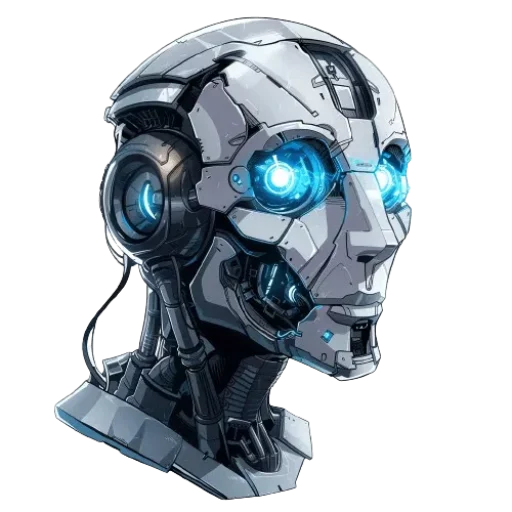Key findings
Generative artificial intelligence (GenAI) is set to impact, but not transform, the work of plumbers, pipefitters, and steamfitters.
These blue-collar workers are unlikely to be automated due to the physical nature of their tasks.
The increased demand for premium goods and services may even lead to a rise in their income share.
While some skills may be automated in the future, such as digital data processing and operations monitoring, the unique nature of blue-collar work makes them less susceptible to AI disruption.
Skills like speaking, critical thinking, and troubleshooting will remain essential, ensuring the continued relevance of these workers in the evolving job market.
How could AI or automation replace or complement job activities?
AI, automation, or LLMs like ChatGPT could potentially enhance certain processes within the role of a plumber.
These technologies could assist in tasks like reviewing blueprints, estimating project costs, or planning pipe layouts.
However, the intricate physical work, such as cutting, welding, or installing pipes, requires human expertise and dexterity that machines may not replicate.
For instance, in the job of installing and repairing piping systems, AI could aid in analyzing blueprints for efficient pipe layout, but the hands-on tasks of cutting, threading, and welding pipes would still necessitate human skills and judgment.
Job description
Installs, repairs, and modifies pipelines or pipe systems for water, steam, air, or other liquids and gases. May also work on heating and cooling equipment and mechanical control systems. This job may involve installing sprinkler systems.


0 Comments